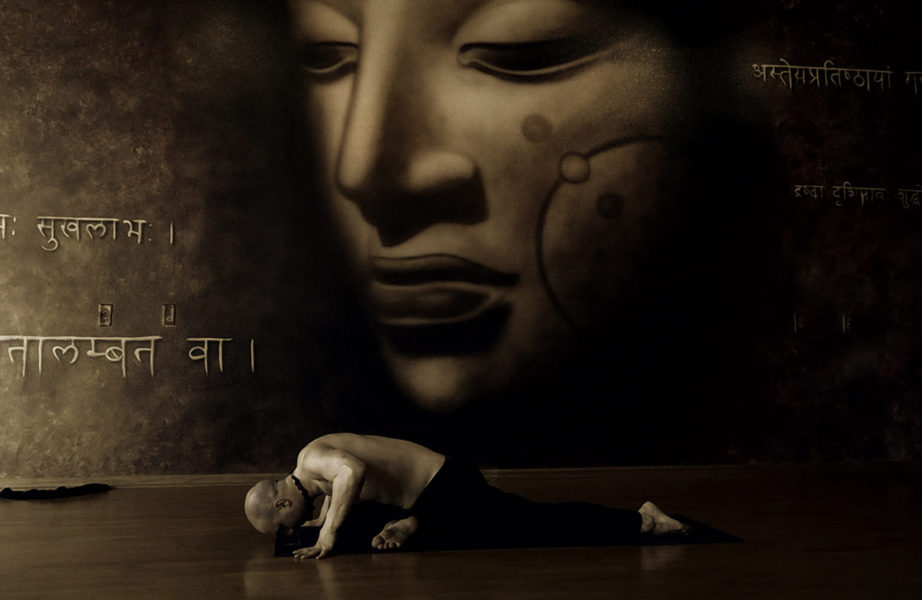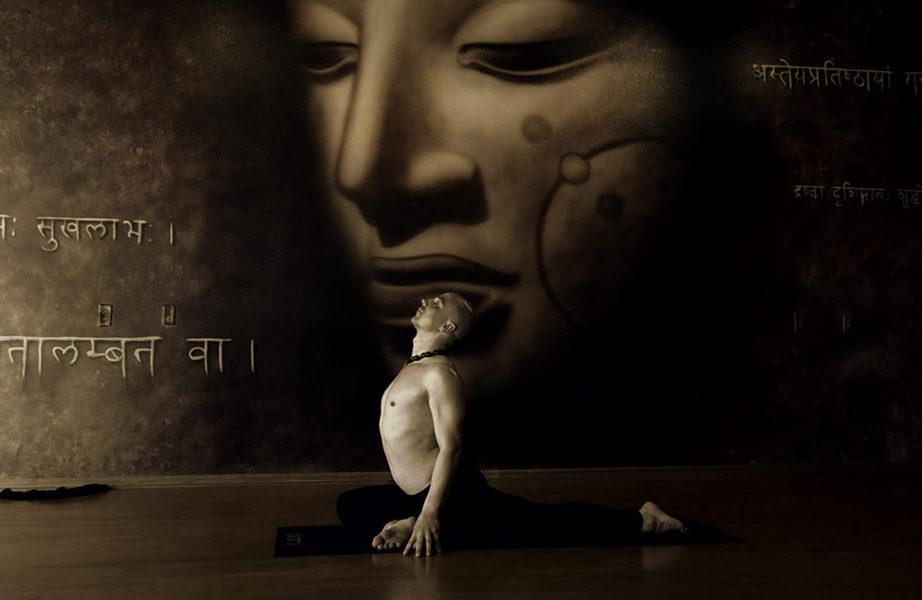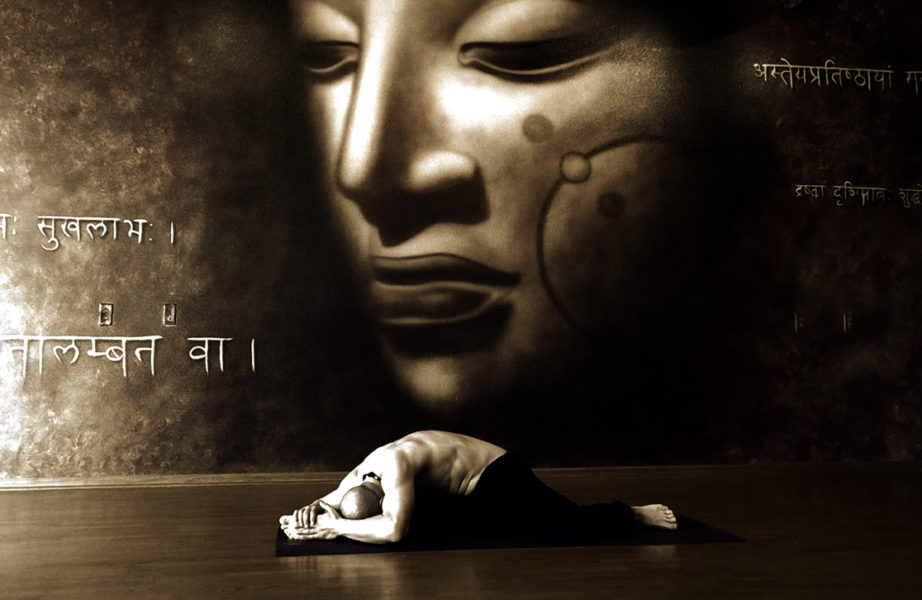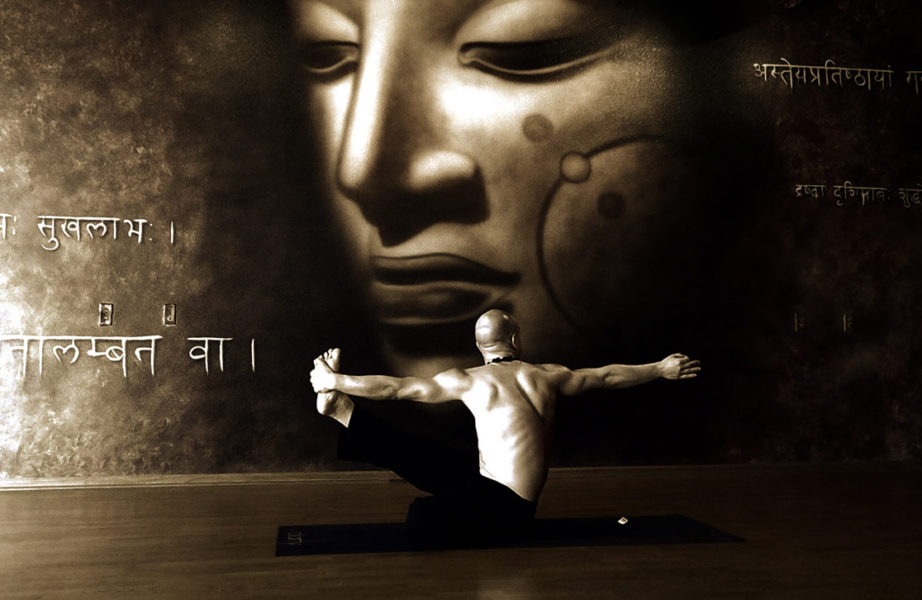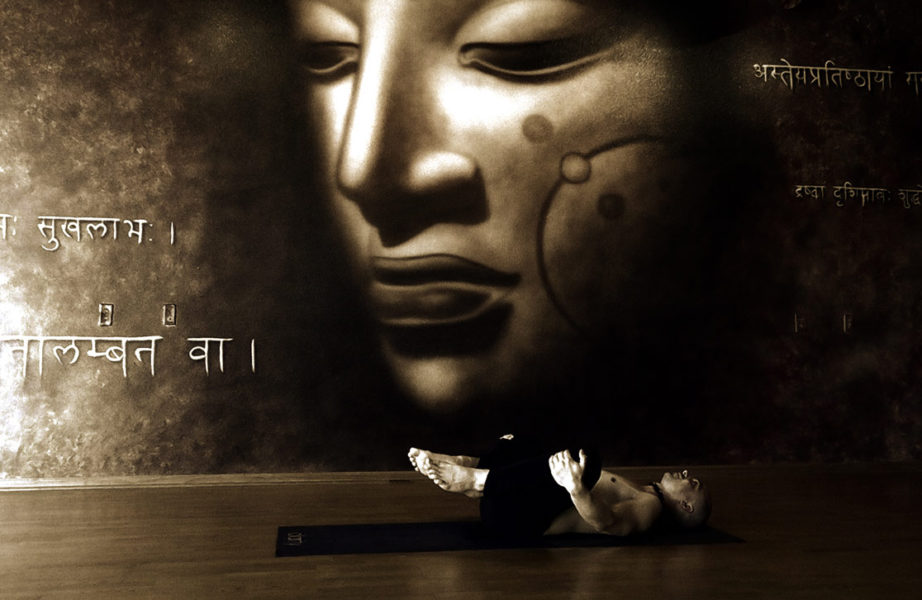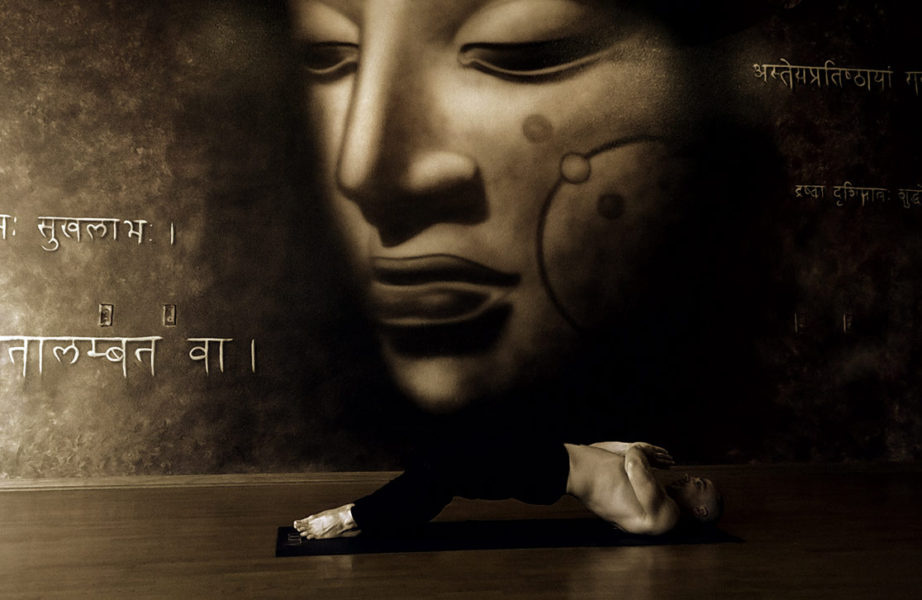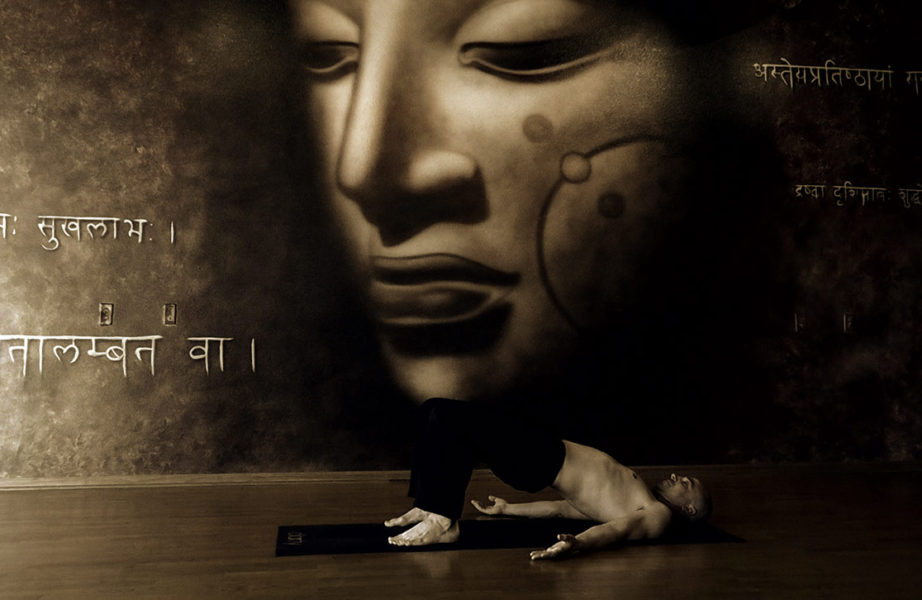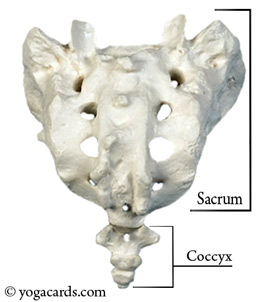 The word comes from the Greek term for “cuckoo,” and was named because the coccyx looks a lot like the beak of the bird.
The word comes from the Greek term for “cuckoo,” and was named because the coccyx looks a lot like the beak of the bird.
The Coccyx is commonly referred to as the tailbone. It is the lowest bone on in the spine located just below the Sacrum. Joint damage from repetitive motions or general wear and tear from aging contribute to tailbone pain.
![]()
Formed of four vertebrae the coccyx can sometimes have just 3 vertebrae and sometimes even five.
![]()
The Coccyx is an important attachment for various muscles, tendons and ligaments so it is also affected by their balance, strength and flexibility.
![]()
Women are about five times more likely to experience tailbone pain than men.
Coccyx Pain
Names for Coccyx pain: Coccygeal pain, Coccydynia and Coccaglia.
![]()
Muscle Causes Of Coccyx Pain
Muscle spasm or tightness may cause coccyx pain. These are the obturator internus, gluteus maximus and adductor magnus
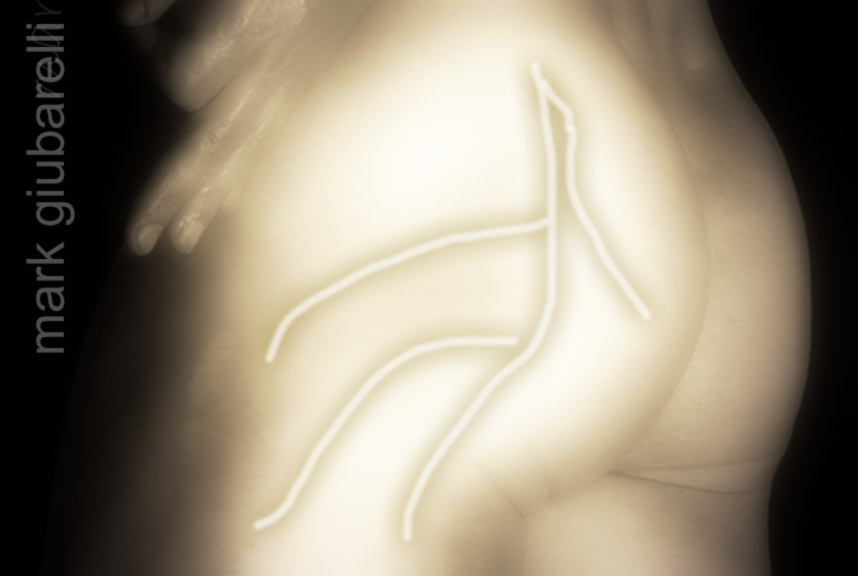
Gluteus maximus
The gluteus maximus attaches to the coccyx. An indication that the gluteas maximus is the cause of the pain is it hurts when moving into a seated position or when raising from one. It does not hurt while sitting though.
So if your butt hurts when your muscles are in use but not when sitting then it could possibly be this large muscle.
![]()
Piriformis syndrome
Piriformis syndrome also classified as a symptomatic hip condition is a frequent cause of low back pain.
Fact: This condition is 6 times as likely to occur in woman.
Improving the flexibility of the piriformis muscle is necessary in rehabilitation.
![]()
![]()
Coccyx Pain Exercises
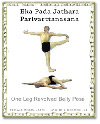 Lying spinal twists are very good for the Coccyx because they help stabilize all of the gluteal muscles and deeper surrounding muscles. The gluteus maximus is attached to the coccyx as well as to other bones. You can see on the card how much it is stretched.
Lying spinal twists are very good for the Coccyx because they help stabilize all of the gluteal muscles and deeper surrounding muscles. The gluteus maximus is attached to the coccyx as well as to other bones. You can see on the card how much it is stretched.
If this is too hard try bending the knee of the leg that is stretched out sideways.
![]()
Simple Stretches & Exercises







